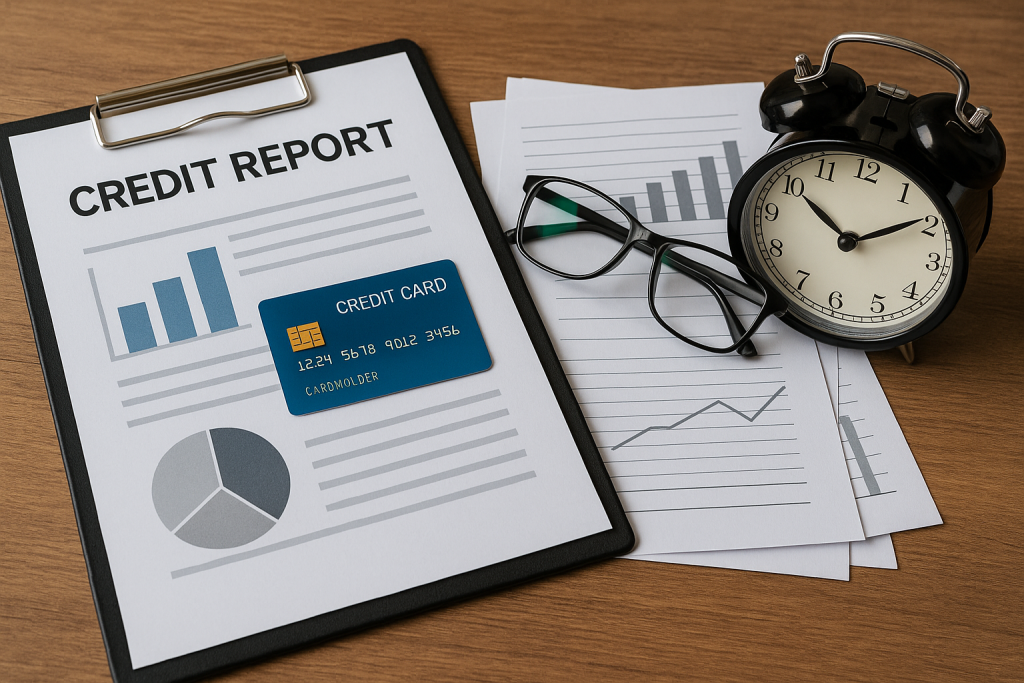Building a strong credit history is not just about having a credit card; it’s about using it wisely to influence your financial future positively. By understanding how credit cards work and employing strategic usage, you can effectively construct a robust credit profile. This involves timely payments, responsible spending, and awareness of credit limits. The journey towards a solid credit history is straightforward yet requires a disciplined approach.
To effectively build a strong credit history, it’s crucial to start early and engage in financial behaviors that lenders favor. Cultivate habits such as paying more than the minimum amount and keeping balances low compared to your credit limits. These actions, over time, will illustrate your reliability to potential lenders, essentially fostering a trustworthy financial persona.
Understanding the importance of credit history

Your credit history serves as a financial report card that plays a critical role in various aspects of life. A strong credit history can facilitate loan approvals, better interest rates, and preferred terms for financial products. Hence, it is imperative to understand its importance and leverage credit cards to improve it effectively.
Credit history is crucial in setting the foundation for your financial credibility. It significantly impacts your ability to secure mortgages, auto loans, and even influences your insurance premiums. By prudently handling credit cards, you can develop a credit history that reflects financial responsibility and stability, opening doors to numerous financial opportunities.
Regular payments and their impact
The most effective way to enhance your credit profile is by ensuring prompt and regular monthly payments on your credit card. This behavior demonstrates your ability to manage debts responsibly, thus positively impacting your credit score. Furthermore, it avoids late fees and potential penalties that can accrue over time, making regular payments a double advantage.
Timely payments represent a significant portion of your credit score calculation, underscoring their importance. By setting up automatic payments or reminders on your devices, you can maintain a flawless payment record. Keeping track of due dates and amounts due can significantly aid in maintaining an impeccable credit history, reassuring potential lenders of your fiscal reliability.
Managing credit utilization ratio
The credit utilization ratio is a critical component of your credit score and entails using a small portion of your available credit. Ideally, you should aim to utilize less than 30% of your credit limit. This ratio illustrates your capability to handle debt without overextending, thereby reflecting well on your credit history.
By regularly paying off balances and managing expenses, you can maintain a favorable credit utilization rate. This practice not only improves your credit history but also prevents accruing high-interest debt. Keeping an eye on your credit limits and how much of it is used at any given time is essential in managing your financial standing effectively.
Strategies for building a strong credit history
Leveraging credit cards strategically is an art that involves more than just spending. Begin by selecting a card that suits your financial habits and offers benefits like cashback or rewards. Use the card for regular purchases you can afford to pay off, establishing a track record of trustworthiness.
Another effective strategy is to diversify your credit mix by exploring different types of credit, such as installment loans or retail accounts, alongside credit cards. This variety in your credit portfolio demonstrates the ability to manage multiple forms of credit responsibility, which further strengthens your credit history.
Monitoring your credit reports
Regularly checking your credit reports is vital in identifying errors or inconsistencies that could tarnish your credit history. Access reports from major credit bureaus like Equifax, Experian, and TransUnion, and scrutinize each detail with care. Correcting discrepancies promptly ensures that your credit record remains accurate.
Understanding what affects your credit score and monitoring it regularly can help in identifying areas for improvement. By keeping tabs on any changes or shifts, you can make informed decisions that contribute positively toward your credit history construction. This proactive approach can prevent minor issues from becoming significant problems over time.
Building from an early start
Beginning to build your credit history at an early age, even as a young adult, can provide a substantial benefit in the long run. Starting early allows more time to establish creditworthiness through consistent positive credit behaviors. Applying for a starter credit card or being added as an authorized user on a parent’s card can establish credit from the outset.
Responsible use of credit facilities from a young age sets the foundation for future financial success. By incorporating smart spending habits and understanding the penalties of delinquence early on, you prepare yourself for significant financial decisions later. This foresight in establishing a solid credit history could lead to more favorable loan conditions and a broader range of financial opportunities as you progress in life.

